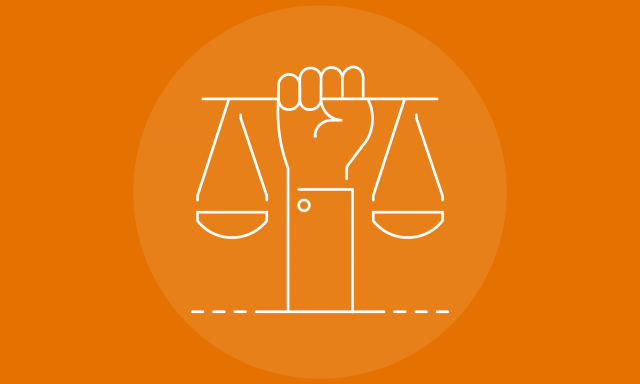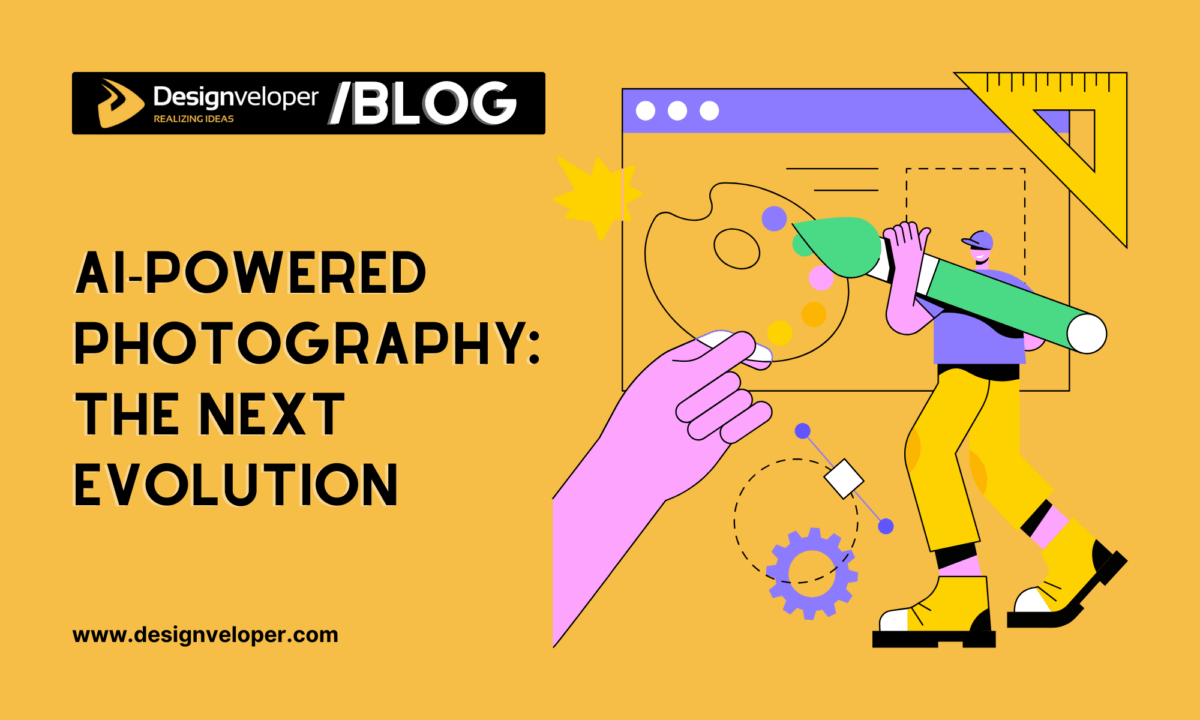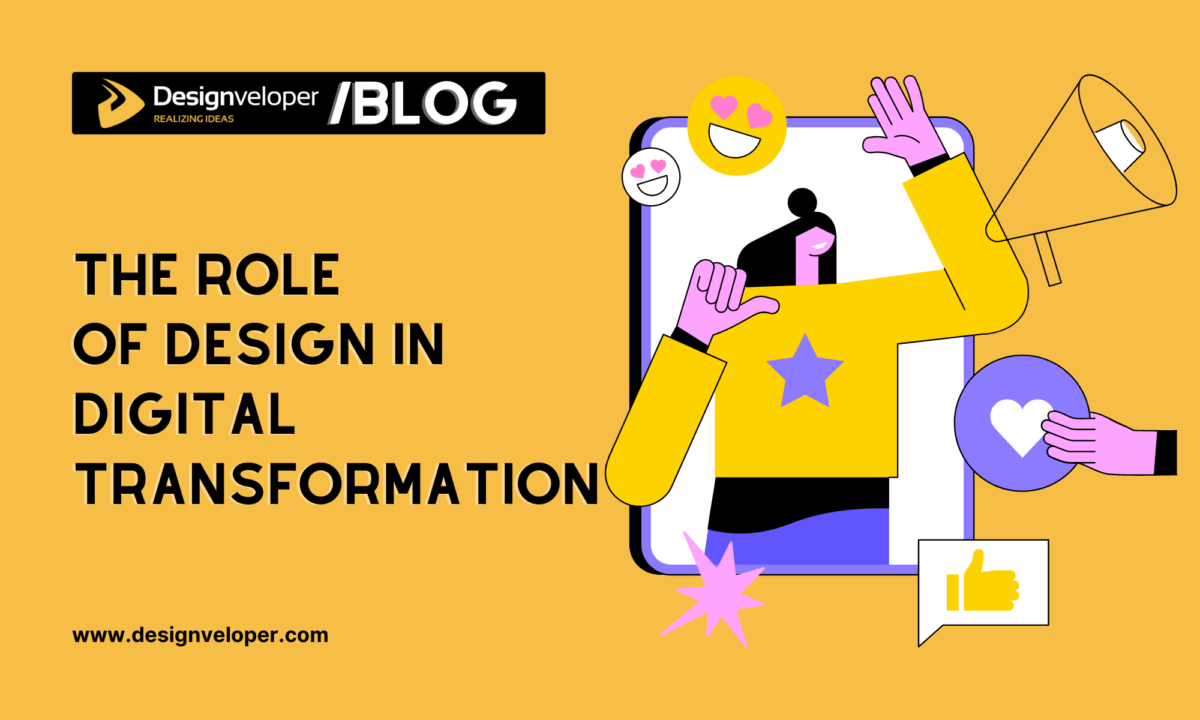
The process of building effective systems is closely linked to the ethical management of data. In this investigation, we will explore how ethical issues in data collection can serve as a starting point for creating and assessing excellent systems. Traditional practices of data and computer scientists may not always align with the desires of individuals and organizations that handle data and make decisions according to their own priorities.
The Role of Ethical Issues in Data Collection
The concept of ethical values can vary among data producers, consumers, and organizations that use algorithmically-driven systems. Unfortunately, the essential stages of data management in machine learning and AI ethics are frequently overlooked.

They aid in the identification of patterns and anomalies, facilitating the formation of informed conclusions. Additionally, visuals evoke emotions and empathy, strengthening our connection to data and its implications.
Thanks to ethical data handling, we have the power to either clarify or confuse the message, effectively guiding or misleading the viewers. Ensuring the accessibility and inclusivity of data visualizations is a vital ethical consideration. This involves using color schemes that are readable for individuals with color vision deficiencies and providing alternative text descriptions for visually impaired users. It also entails considering cultural sensitivities during the design process. You can encourage the participants of your surveys to use VeePN to protect their privacy. Respecting the data privacy of individuals and organizations is of utmost importance when visualizing data.
Recommended reading: Balancing Personalization and User Privacy in the Digital Age
New Practices in User Research
Facebook’s lack of consideration for the ethics of its user research showcases the tremendous influence of large corporations on millions of users. Despite the resulting uproar, Facebook remains resilient, as closing an account means restricting one’s social connections. However, even on a smaller scale, it remains vital to comprehend and embody ethical issues in data collection.
1. Honesty
You should state the purpose of the study clearly. This allows participants to give informed consent and avoid any surprises when their study or results are mentioned later on. However, in certain cases, it may not be possible to disclose all information initially.
In situations where information needs to be withheld, it is important to promptly provide participants with all the necessary information.
2. Sensitivity
When conducting user research, consider the participant’s experience. Some participants may feel anxious when testing something, so it’s important to reassure them that they can’t make any mistakes. If sensitive or private information is likely to come up during the research, limit the number of participants to only one or two.
There are more than 1.1 billion websites available. In countries where there may be gender or status differences between the researcher and participant, be mindful of local norms and avoid actions that go against them.
FURTHER READING: |
1. How to Increase the Quality of Your Data |
2. What Is Data Classification: Best Practices And Data Types |
3. What Is Big Data Analytics and How It Useful for Business? |
3. Representation
When presenting research findings, it is crucial to accurately represent the statements and actions of participants. It is important to avoid searching for examples that confirm our expectations. Instead, we must remain open and truly listen to what participants are expressing and demonstrating. Although this may seem obvious, it can be challenging in practice, as researchers are also human and prone to biases.

User-Focused Approach to Data Utilization
The purpose is to provide customers with a seamless and user-friendly experience, meeting their needs and increasing productivity and satisfaction. By improving productivity and satisfaction, customers will be more engaged with the product and may even recommend it to others. This will ultimately lead to the success of the product. Therefore, the initial step in the user-centered design approach is to comprehend the “User”.
There are more than 179,000 web designers in the U.S. Obtaining actionable observations from our target audience is crucial as it serves as the initial research data for the entire design process. Without a comprehensive understanding of the user’s existing pain points, we cannot establish a product improvement objective. Furthermore, we cannot ascertain whether our product idea effectively addresses the real issues that users encounter in their everyday lives.

The benefit
Regrettably, users often struggle to articulate their tasks effectively, and they often become so accustomed to a particular routine that they overlook alternative approaches. Consequently, when asked about their problem and a possible solution, their response tends to be incomplete, failing to address the larger context. To overcome this and gain user trust, a straightforward solution is to closely observe users as they perform their tasks, noting each step taken without consideration of a solution.
The benefits of observing behavior outweigh those of conducting interviews. When conducting interviews, it is crucial to focus on behavioral aspects. This involves examining how individuals have actually performed while working with the product in the past or present, instead of eliciting hypothetical responses. Adopt an active observer approach rather than a passive one.
Conclusion
In order to ensure a high level of accessibility in a product development project, it is essential for a digital product manager to prioritize and actively manage accessibility as a fundamental aspect. This includes educating and guiding the team on their responsibilities regarding accessibility, allowing them to effectively address accessibility requirements throughout the entire product development process. By doing so, the probability of delivering a product that meets rigorous accessibility standards is greatly enhanced.
As we delve into the complex world of data collection, it’s imperative to acknowledge the ethical considerations that underpin this critical aspect of the digital age. At Designveloper, our extensive experience in developing robust data-driven solutions has continually underscored the importance of ethical integrity in every phase of data collection and analysis. The responsibility we bear as developers and technologists extends far beyond the technical challenges; it encompasses the moral obligation to respect privacy, ensure transparency, and foster trust.






Read more topics





























































